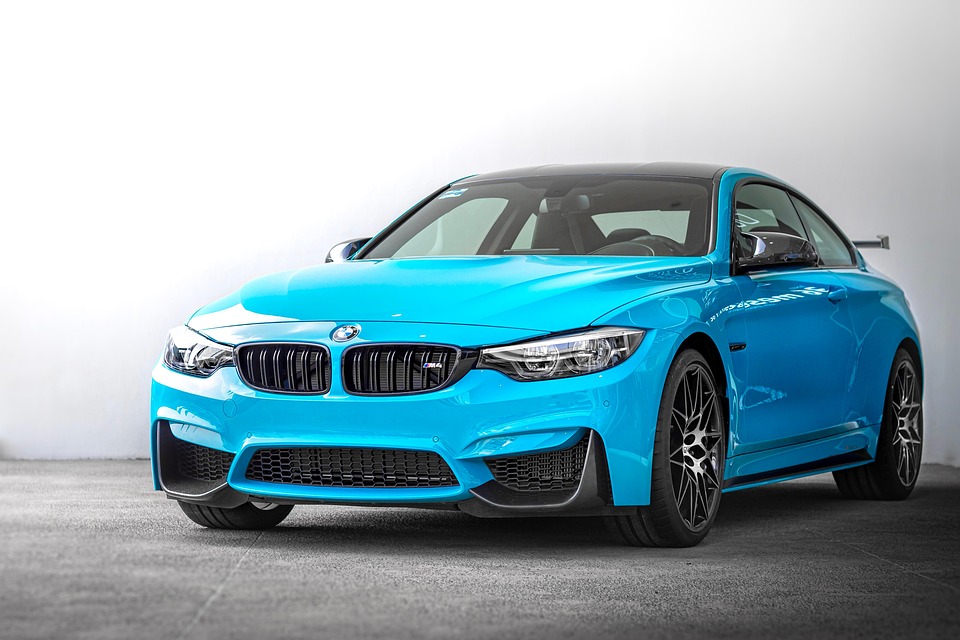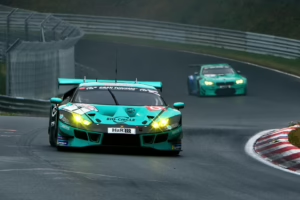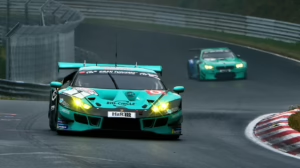BMW vs. Competitors: How the Luxury Carmaker Stays Ahead
In the ever-evolving landscape of the automotive industry, luxury car manufacturers continuously battle to provide the perfect blend of performance, comfort, technology, and sustainability. BMW, a name synonymous with luxury and performance, has consistently managed to maintain its edge over competitors such as Mercedes-Benz, Audi, Lexus, and more. This article explores the multifaceted strategies that keep BMW at the forefront of the luxury car market.
A Legacy of Performance and Innovation
Founded in 1916, BMW has cultivated a reputation for engineering excellence and driving pleasure, famously capturing the essence of "The Ultimate Driving Machine." This commitment to performance is evident across its entire lineup, from the agile 3 Series to the powerful M models. The brand’s use of cutting-edge technology, such as its advanced suspension systems and dynamic stability control, ensures that every BMW delivers an exhilarating driving experience.
While Audi and Mercedes-Benz offer impressive performance, BMW’s focus on the driver-centric experience sets it apart. The brand has effectively integrated technology that enhances the connection between driver and vehicle, creating a more engaging experience. The BMW iDrive infotainment system, for example, strikes a balance between usability and functionality, allowing drivers to control various aspects of the vehicle seamlessly.
Cutting-Edge Technology and Innovation
To stay ahead of its competitors, BMW invests heavily in research and development to remain at the forefront of automotive technology. The introduction of the BMW Group’s i Series represents a substantial shift towards sustainable driving, offering electric and hybrid vehicles without compromising performance. The BMW iX and i4 showcase the brand’s commitment to electric mobility, combining luxury with eco-friendly engineering.
In a market increasingly influenced by technology, BMW has leveraged smart connectivity features, such as over-the-air software updates, a comprehensive suite of driver-assistance technologies, and an intuitive user interface tailored for modern drivers. Other luxury brands, including Lexus and Audi, have also made strides in this area. However, BMW’s focus on delivering a cohesive and enjoyable driving experience significantly distinguishes it from the competition.
Emphasis on Sustainability
As consumers become more environmentally conscious, the demand for sustainable vehicles has surged. BMW has recognized this trend and is proactively addressing it through initiatives like its “Number ONE > NEXT” strategy, which aims to electrify its lineup and reduce emissions. By 2023, the company plans to have numerous plug-in hybrid and fully electric models available, catering to a variety of consumer preferences.
Competitors like Mercedes-Benz have also made substantial strides in sustainability, but BMW’s aggressive timeline and commitment to renewable energy during the production process demonstrate its dedication to a greener future. This forward-thinking approach not only appeals to eco-conscious consumers but also positions BMW as a leader in the sustainable luxury market.
A Comprehensive and Engaging Product Line
One of BMW’s notable strengths is its comprehensive range of vehicles, catering to diverse consumer preferences. Ranging from the compact 1 Series to the luxurious 7 Series and sporty Z4, BMW offers something for everyone. Additionally, the introduction of models like the X line and the i Series further broadens its appeal.
While rivals like Audi and Mercedes-Benz provide a variety of options, BMW’s ability to deliver performance-inspired vehicles across its lineup creates a loyal customer base. The automaker’s focus on quality and consistent brand identity strengthens its competitive edge, making it a preferred choice among luxury car enthusiasts.
Strategic Partnerships and Collaborations
To navigate the rapidly changing automotive landscape, BMW has forged strategic partnerships that enhance its technological capabilities and expand its market reach. Collaborations with tech giants such as Intel and Mobileye have empowered BMW to strengthen its autonomous driving initiatives—a domain where competition is fierce.
These partnerships have enabled BMW to enhance safety features and refine its approach to self-driving technology, learning from both automotive and tech industries. This holistic strategy allows BMW to stay ahead, as the integration of cutting-edge technology becomes increasingly paramount for success in the luxury market.
Conclusion
As the luxury automotive market grows more competitive, BMW continues to demonstrate its prowess through a steadfast commitment to performance, innovation, sustainability, and consumer engagement. While competitors like Mercedes-Benz, Audi, and Lexus vie for market share, BMW’s blended approach to luxury, performance, and sustainability cements its status as a leader in the industry. By continually evolving and redefining what luxury means, BMW skillfully navigates the challenges of the market while remaining a definitive choice for drivers seeking the ultimate in automotive excellence.


























Add Comment